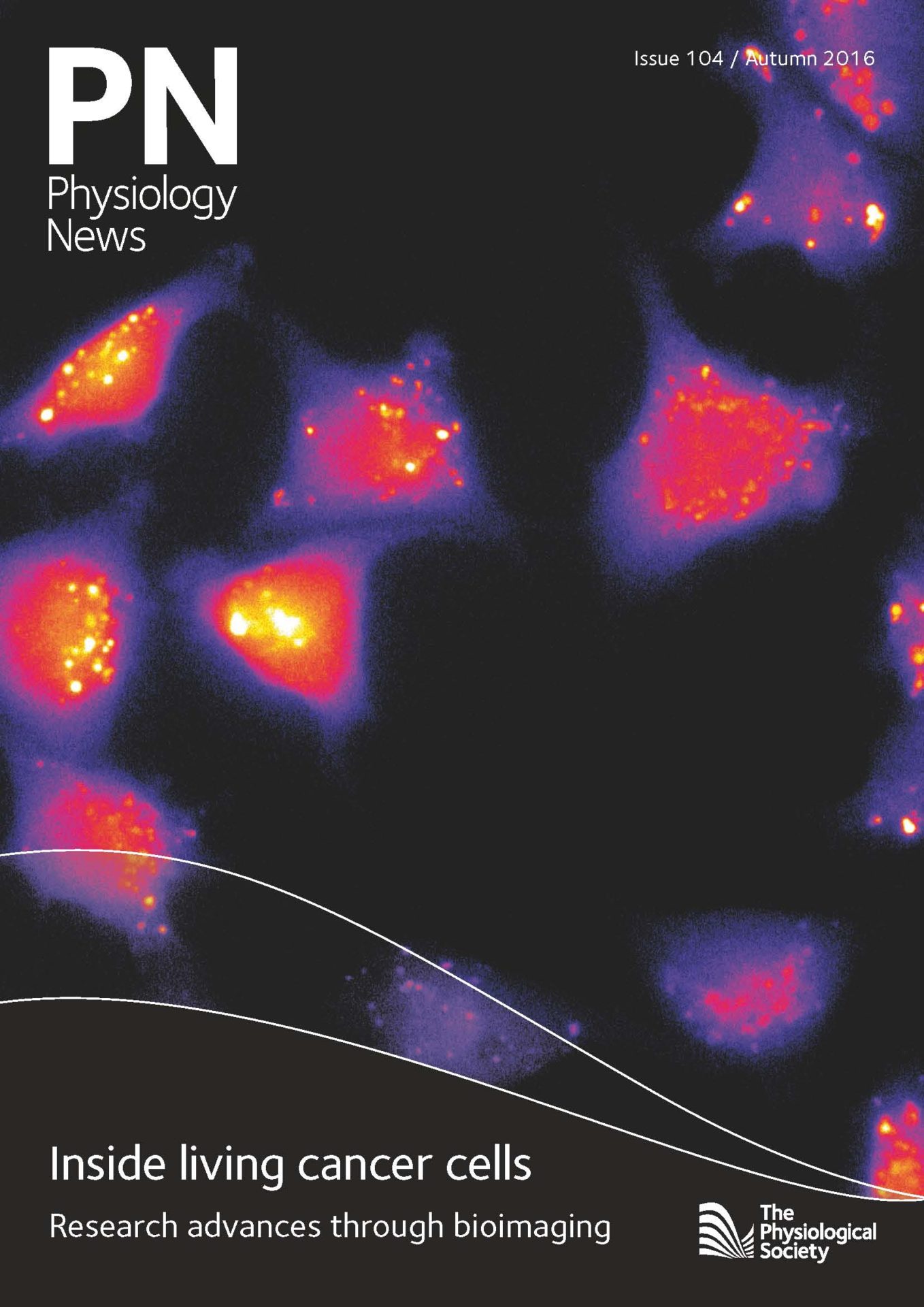
Physiology News Magazine
Policy Focus
EU Referendum Aftermath, Parliamentary Links Day
News and Views
Policy Focus
EU Referendum Aftermath, Parliamentary Links Day
News and Views
https://doi.org/10.36866/pn.104.10
EU Referendum Aftermath
There has now been a period for the result of the Referendum on EU membership, and the political ramifications, to settle in. The science sector has unfortunately been hit by immediate drawbacks, with the lack of certainty resulting in UK academics having to withdraw from EU funding applications and European researchers feeling unable to take up work in this country. The House of Commons Science and Technology Select Committee has begun an investigation into the implications and opportunities for science in leaving the EU, and the Science Minister has tried to offer reassurance to both the UK research sector and European science bodies.
Much analysis of the result has been inward-looking, questioning why the strong message coming from research, academia, and tech businesses was not heeded. While there is substantial bitterness (and considerable column inches) about Michael Gove’s epitaph for the referendum: ‘people in this country have had enough of experts’, the truth is that 52% of the voting electorate were unmoved by scientists and economists. Organisations such as the British Science Association are working to understand the divide between science and the general population, and how to increase engagement with people who currently do not feel that science is working for their benefit. The Physiological Society is continuing its policy and outreach work, trying to engage with politicians and the public to express the importance of research into what makes us and how we work.
Parliamentary Links Day
Hot on the heels of the referendum result was Parliamentary Links Day. This is the main scientific event in the parliamentary calendar, attracting a capacity crowd and important speakers. The title of this year’s Links Day was Science After the EU Referendum: What Next? – Having been planned a long time ago, the ‘leave’ result made the topic one of paramount importance.
The event was opened by Speaker of the House of Commons, John Bercow MP, a longstanding champion of science and technology. Speeches were also given by Jo Johnson MP, Minister for Science and Universities, and Nicola Blackwood MP, Chair of the House of Commons Science and Technology Select Committee. Ms Blackwood’s speech, in particular, was very well received and directly addressed the concerns of those in the room, with more than a hint of emotion coming across. She discussed the shock scientists were feeling, and how a strongly-put case had not overcome distrust of ‘the establishment.’ She clearly expressed the message the scientific community needs to put out, saying ‘we remain open for business, and are willing and reliable collaborators’. Finally, she called for scientific voices to be ‘at the top table’ in EU negotiations so the sector has direct input into the future relationship between Britain and the EU.
Panel discussions followed, with representatives of other political parties and key scientific bodies. Unfortunately, no Labour MP was present as the previous Shadow Science Minister, Yvonne Fovarge MP, resigned her shadow cabinet post. At the time of writing she has not been replaced. SNP science spokeswoman, Carol Monaghan MP, drew attention to the difference in perspective on science between UK and EU school students, saying those from the continent see more prestige in a scientific career.
The event was closed by Sir Venki Ramakrishnan, President of the Royal Society, whose speech struck a note of realism. He stated that Britain’s ‘influence in the world would decline if we stopped investing in science and technology’, and that up to this point EU science funding had ‘allowed us to remain competitive.’ He called upon government to not only ensure investment in science is maintained, but that access to EU networks is retained to allow for future collaborations around the globe. He conceded, to wide agreement, that negotiations would be difficult, but that there was a clear goal for UK science.
